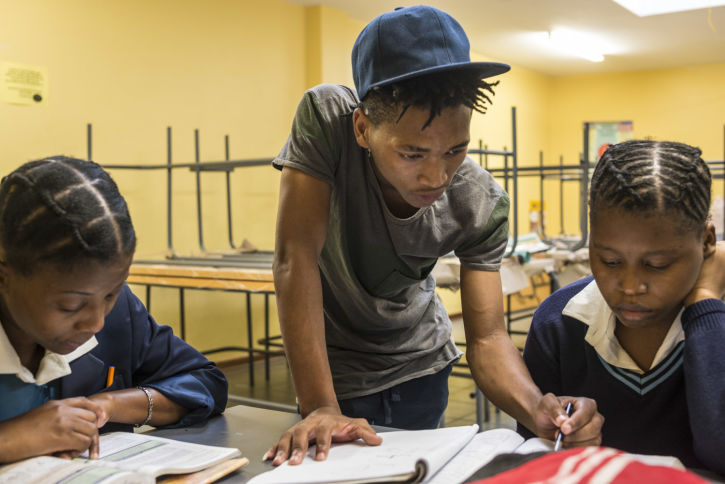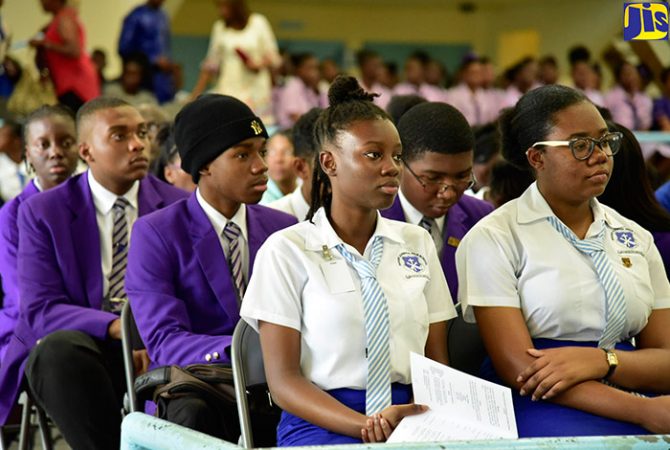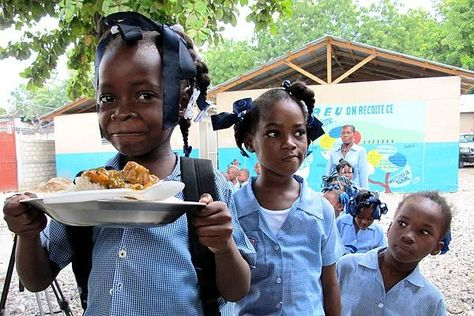
Tutoring Support
Students who are selected for sponsorship must maintain an average performance score of at least 60%. Upon selection, a baseline profile is documented and areas of low performance are flagged for tutoring support. The objective of the tutoring programme is to strengthen students’ academic performance to assure on-grade-level performance.
Intervention may take various forms:
Pull-out sessions supported by a resource room instructor.
Guidance of the class teacher for in-class support
After school tutoring of the student.
Working collaboratively with teacher training institutions, Hands in Unison will mobilise instructors through community service or internship placements.


Student Sponsorship
Despite a national policy of compulsory primary education many students are not regular in attendance in school, there-by placing their educational development at risk. Such children, often lack supportive parents who recognise the value of education in determining the quality of life enjoyed by their children. For others, financial challenges faced by the family force students to withdraw from school or cause parents to assign survival responsibilities to young children that interfere with school attendance.
The objective of the Student Sponsorship Programme is to address the twin concerns of providing financial support for accessing education, and cultivating a valuing of education by families withing targeted communities. Hands in Unison collaborates with stakeholders within targeted communities to mobilise financial and material resources and channels this support to the vulnerable through structured systems to assure transparency and effectiveness.
This intervention into the lives of vulnerable children and youth is expected to transform their lives. To ensure this impact, participants in the programme must be aligned with community- based support programmes which address personal development and positive parenting.
Service management systems include:
Sponsorship Registration
Donor platform
Sponsorship Tracking Database
Community partnerships to support resiliency training.
Literacy Development
Illiteracy functions as a barrier to continuing education and workforce integration for many young persons. Their lack of functional literacy limits their access to many mainstream opportunities for skill development training or job placement, leading to marginalization and a feeling of low self-worth. For these young persons, literacy development is a critical path activity to reposition them to achieve self-actualization. This intervention must be provided in a context that cultivates supportive and caring relationships that will rebuild their self-concept and belief in their own strengths and abilities. Often, this is more about empowerment than training and therefore requires alternative approaches rather than traditional educational programmes.
In collaboration with faith-based organisations, Hands in Unison strives to establish such learning environments for literacy development supported by the tithing of time and talent by professionals. For programme sustainability, partnerships will be explored with government-sponsored interventions.


School Feeding Programme in Basic Schools
The early years of a child’s life represent the period of most rapid brain development. Studies generally show that those children who suffer from early malnutrition have poorer IQ levels, cognitive function, and school achievement, as well as greater behavioural problems. Efforts to influence the educational achievement of students, therefore, need to give attention to their dietary health in the early years. Nationally, this principle is recognised by the Ministry of Education, but operationalizing the principle requires the support of community stakeholders, especially in vulnerable communities.
Hands in Unison works with community stakeholders to mobilize material resources to support breakfast programmes to give students a good start to their day, promote learning, and cognitive development. Functioning as a link between donors and beneficiaries, Hands in Unison monitors accountability and impact. Partnerships will be cultivated with organisations in the foodservice industry to garner supplies, provide guidance in dietary planning and meal preparation.
